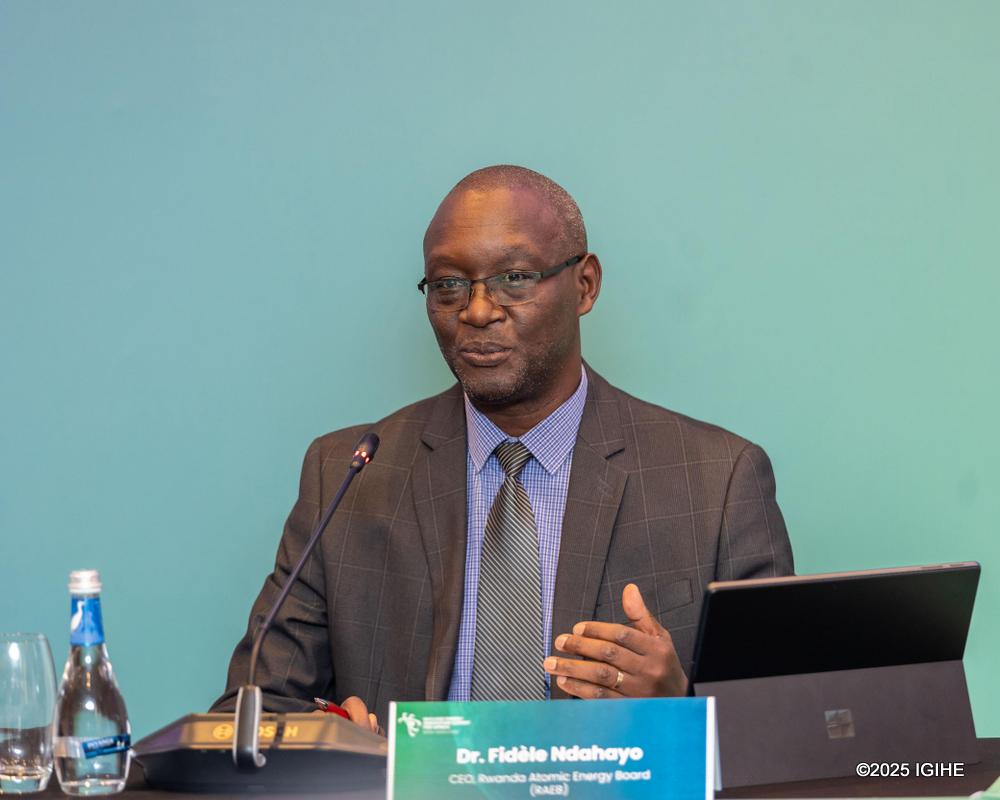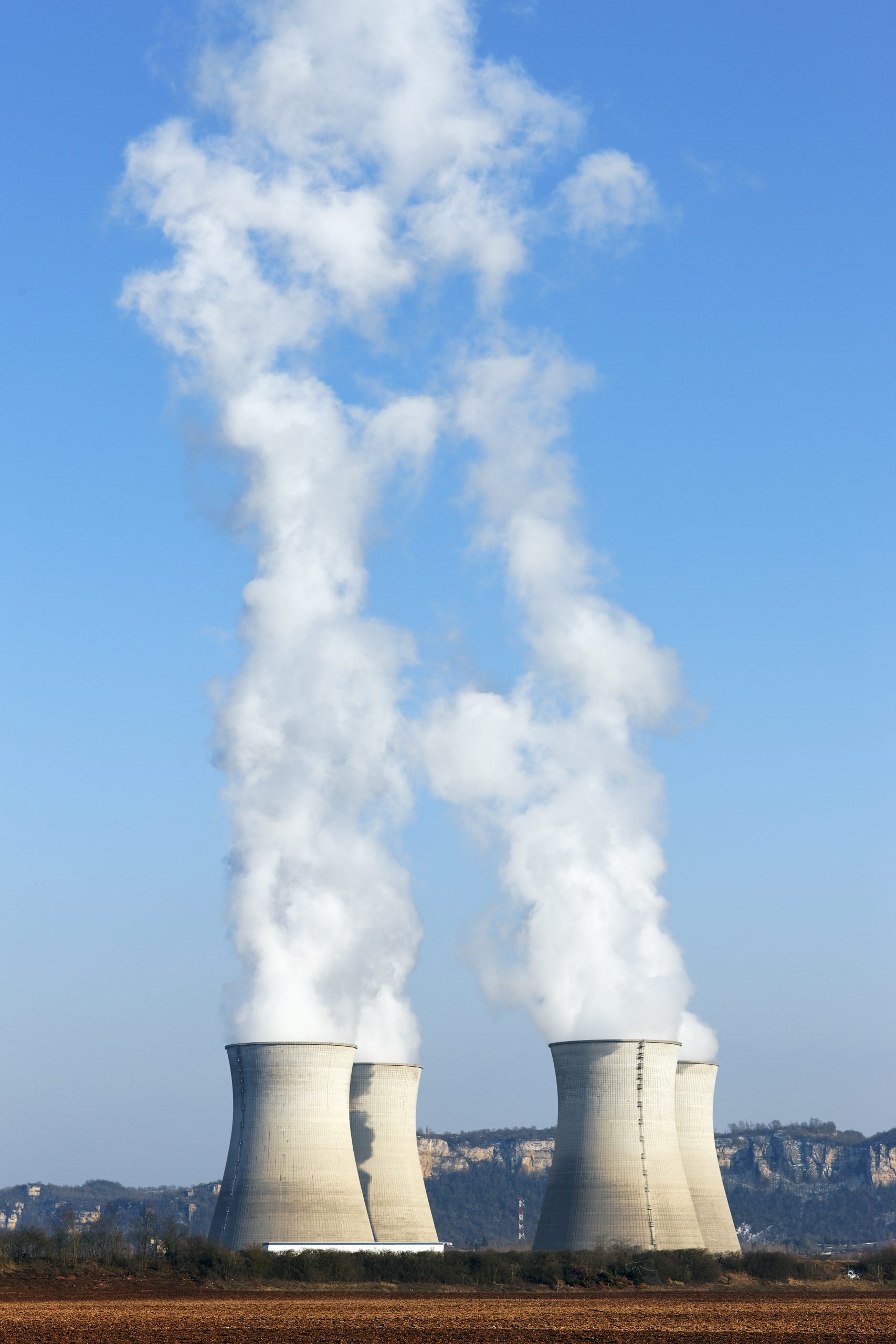Rwanda is pushing forward with ambitious plans to bring its first nuclear energy power plant online by 2030, a strategic move poised to significantly impact five critical sectors of the nation’s development.
This initiative, leveraging advanced nuclear technologies, underscores Rwanda’s long-term vision of achieving upper-middle-income status by 2035 and high-income status by 2050, alongside its commitment to sustainable growth and climate action.
Dr. Fidèle Ndahayo, Director General of the Rwanda Atomic Energy Board (RAEB), articulated the broader vision behind the project, stating, “This project is not just about generating electricity. It is about securing Rwanda’s future by investing in clean, reliable energy and building the foundations for industrial and scientific advancement.”

The nation’s proactive approach involves early engagement with companies developing cutting-edge nuclear technology, aiming not only to utilize it but also to cultivate local expertise for potential export.
The nuclear project is anticipated to catalyze significant advancements across the following key areas:
Energy security and reliability
The cornerstone of this initiative is to establish a stable and high-capacity source of electricity, crucial for diversifying Rwanda’s energy mix. By lessening reliance on hydropower and imported fossil fuels, the nuclear plant will bolster the country’s energy independence and ensure a consistent power supply for all regions.
This is vital as Rwanda pursues its target of universal electricity access for households by 2024, aiming to meet rapidly increasing energy demands for both domestic and industrial consumption. Nuclear power is seen as a clean and reliable solution to underpin the transition to a low-carbon economy.
Economic transformation and industrial growth
A steady and affordable energy supply is a fundamental prerequisite for robust industrial development and sustained economic prosperity. The introduction of nuclear power is expected to enhance Rwanda’s attractiveness to foreign direct investment by creating a more predictable and cost-effective energy landscape for businesses.
This reliable power source will accelerate industrial growth, supporting Rwanda’s ambition for a diversified economy driven by future industries and competitive manufacturing. Over the long term, potentially lower energy costs from nuclear power could also free up capital for reinvestment across various economic sectors.
Job creation and human capital development
The sheer scale of the nuclear project promises substantial employment opportunities throughout its construction, operational, and maintenance phases. Beyond direct job creation, the initiative is designed to foster the development of highly specialized skills in nuclear science, engineering, safety, and project management.
This strategic focus on human capital development is intended to position Rwanda as a leading regional hub for nuclear expertise, with current efforts already dedicated to training nuclear engineers and supporting Rwandan students in specialized programs abroad.
Environmental sustainability and climate commitments
As a zero-emission energy source, nuclear power directly supports Rwanda’s strong dedication to environmental protection and its ambitious climate change mitigation goals. The plant will play a significant role in the country’s green energy transition and help fulfill its international obligations under the Paris Agreement.
Rwanda has set an aggressive target to become carbon neutral and climate resilient by 2050, aiming for a 38% reduction in greenhouse gas emissions by 2030. Nuclear energy is considered a crucial component in achieving these profound climate objectives.
Advancement of Science, Technology, and Innovation
The benefits of the nuclear project extend far beyond electricity generation, serving as a powerful catalyst for research and innovation across diverse scientific and technological domains. The establishment of a dedicated Center for Nuclear Science and Technology (CNST) will promote non-energy nuclear applications.
This includes critical advancements in human health, such as precise medical diagnoses and advanced cancer treatments; improvements in food and agriculture, like enhancing crop production through optimized resource management and ensuring food safety; efficient water resources management; and innovations within various industrial processes.
These partnerships and dedicated institutions are expected to foster deep academic collaborations, further solidifying Rwanda’s emerging role as a leader in nuclear innovation within the region.





